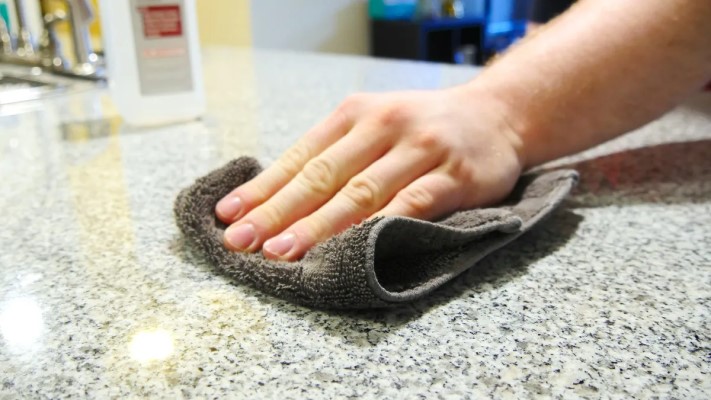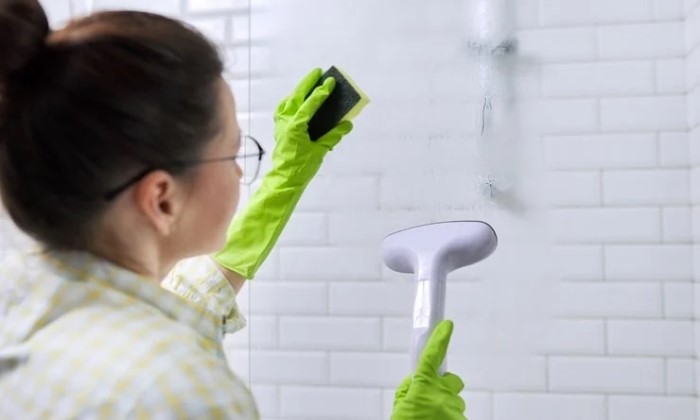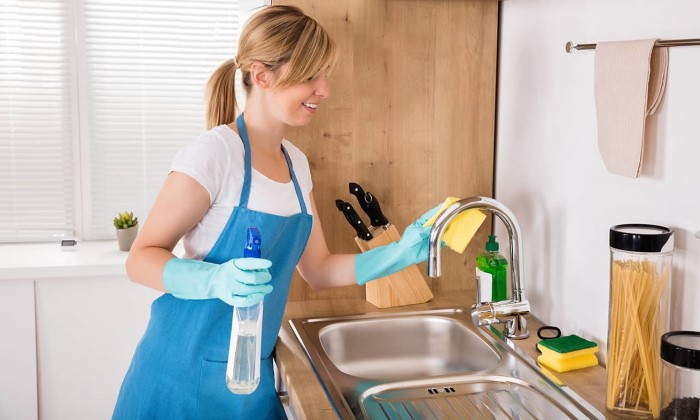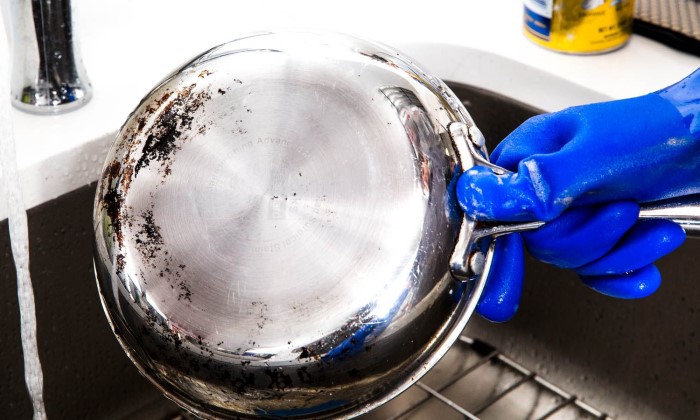
How to Clean Granite Countertops
You might be wondering how to clean granite countertops. There are several ways to clean granite, but you need to know which ones are safe for your countertops. You can avoid using vinegar, hydrogen peroxide, and baking soda, as they are acidic. In the following sections, we will show you how to clean granite countertops with non-acidic products. If you use these cleaning products, make sure to follow the directions carefully.
Avoid acidic cleaners
Whenever possible, avoid using acidic cleaners when cleaning granite countertops. Acids can strip off the sealant on the stone. Therefore, it’s important to use a mild cleaner. You can use a mild dish soap diluted with water to clean granite countertops. Another option is MORE(TM) Stone & Quartz Cleaner with Antimicrobial Protection. Using a mild cleaning solution is a good way to keep your granite countertops clean and looking new.
Acidic cleaning solutions can wear down the sealant on granite counters, making them unusable. Likewise, using abrasive sponges can scratch or even harm the sealant on your granite countertops. Acidic food and drinks are another potential danger. To prevent damage, seal your granite countertops regularly. And remember, the sealant will need to be reapplied every year. Acidic cleaning solutions can permanently etch or strip the sealer.
Use baking soda
If your granite countertops are stained, you can try using a paste made of hydrogen peroxide and baking soda. This paste should be applied generously and scrubbed with a soft cloth. If the stain is particularly stubborn, you may need to make a second batch. If you do not have the patience to make a paste, you can leave the mixture on the stained area overnight or for several days, and then remove it using a soft cloth.
To make the paste, you should mix some baking soda with water and apply it to the affected area. Spread the paste on the stained area until it reaches a depth of 1/4 inch. Next, cover the area with plastic wrap and tape it to the stone. Leave the poultice on for 24 hours, then wipe it off with a clean cloth. Repeat the process if necessary. Then, follow the directions for the next day and repeat the process.
Avoid hydrogen peroxide
If you’re looking for a natural stain remover for your granite countertops, you should try the baking soda and hydrogen peroxide. This combination is very effective for removing water-based stains from granite. Alternatively, you can mix baking soda and hydrogen peroxide to create a paste. Apply the paste liberally over the stain and scrub it with a soft cloth. Leave the paste to work overnight or for several days, then wipe it off the next morning.
Another natural solution is baking soda and water. Mix one part baking soda with two parts water. For oil-based stains, use baking soda alone, while hydrogen peroxide can be used on water-based stains. Mix one part baking soda with two parts water and stir until combined. The mixture should remain on the stained surface for several hours to get rid of stubborn stains. Then, repeat the process until the stain is gone.
Avoid vinegar
When it comes to caring for your beautiful granite countertops, it’s important to avoid using vinegar as a cleaning agent. White vinegar is a common household cleaner, it has several disadvantages, including the potential for damaging the sealant and scratching the finish. Vinegar can also damage granite’s natural beauty, leaving it dull and prone to stains. Instead, use a specially designed granite countertop cleaner to keep it squeaky clean without damaging it. This way, you can preserve the beauty and longevity of your new countertops.
One common cleaning solution for granite countertops is one part alcohol to three parts water. The solution should be allowed to sit for 10 minutes before wiping it off with a soft cloth. While this solution is very effective for cleaning the surface, it is also acidic, which can erode the sealant and damage the stone. The same is true for acidic foods, beverages, and juices, which can also cause etching.



